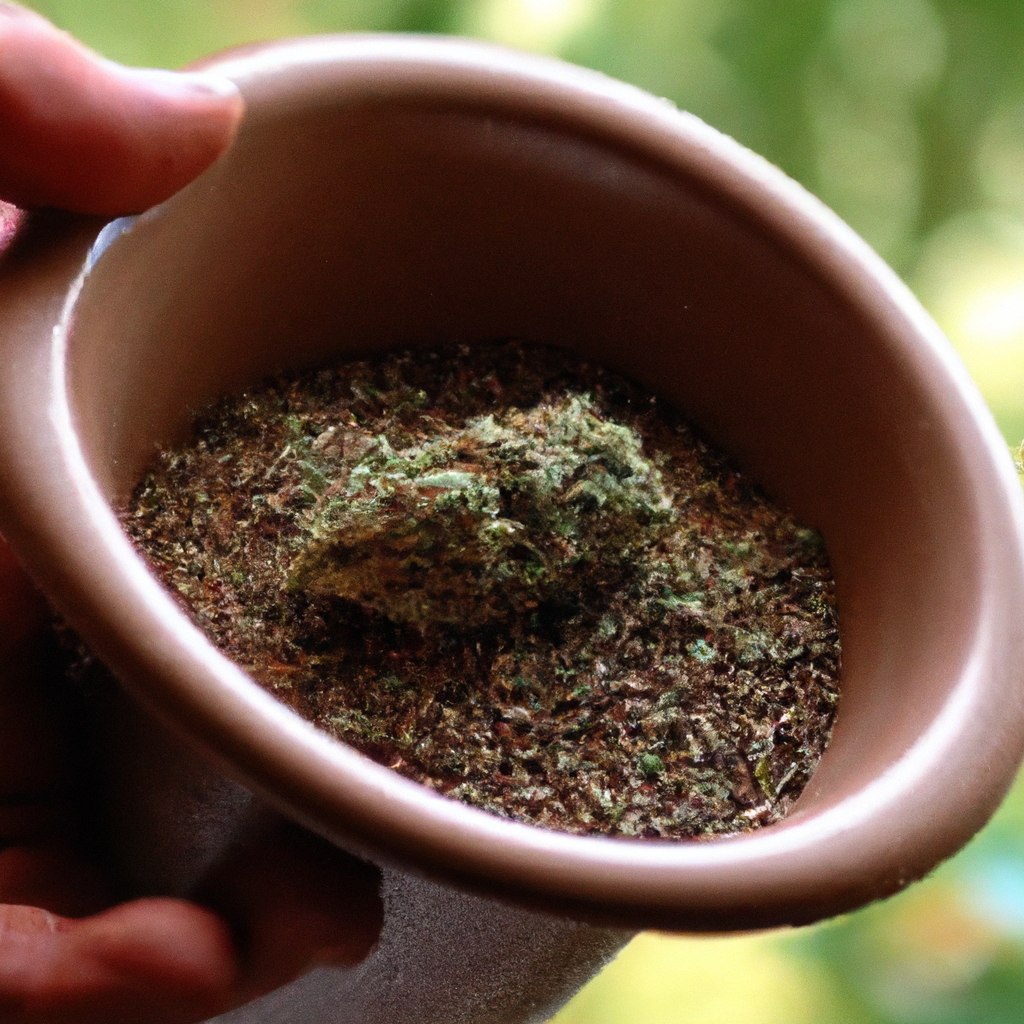Your cart is currently empty!
The demand for organic cannabis is growing rapidly as consumers become more conscious of health and environmental sustainability. This article delves into the best practices for cultivating cannabis organically, focusing on natural fertilizers, composting, and eco-friendly pest control methods. We’ll explore how to build and maintain a healthy soil ecosystem, avoid synthetic chemicals, and promote sustainability in your growing operations.
Nurturing Soil Health: The Foundation of Organic Growing
Creating a robust soil ecosystem is essential for successful organic cannabis cultivation. Healthy soil teems with beneficial microorganisms that break down organic matter, providing plants with essential nutrients. Here are some strategies to boost soil health naturally:
- Composting: Integrate compost into your soil to enhance fertility. Composting offers a diverse range of nutrients and helps improve soil structure.
- Cover Crops: Use cover crops like clover or alfalfa to fix nitrogen in the soil, reduce erosion, and suppress weeds.
- Crop Rotation: Implement crop rotation to prevent nutrient depletion and minimize pest populations.
Natural Fertilizers: Feeding Plants the Organic Way
To promote vigorous growth and high cannabinoid content, providing nutrients through natural fertilizers is key. Unlike synthetic options, organic fertilizers release nutrients slowly, enhancing soil biodiversity. Consider these natural fertilizers for your cannabis plants:
- Fish Emulsion: A high-nitrogen source that boosts vegetative growth.
- Bone Meal: Rich in phosphorus, it’s perfect for strong root development and flower production.
- Seaweed Extract: Contains micronutrients and growth hormones that improve stress resistance.
Eco-Friendly Pest Control: Protecting Your Plants Naturally
Synthetic pesticides can harm beneficial insects and contaminate the environment. Opt for these natural pest control methods to keep your cannabis plants safe:
- Beneficial Insects: Introduce predators like ladybugs and predatory mites to control aphids and spider mites.
- Neem Oil: An organic insecticide that repels a wide range of pests and fungi.
- Companion Planting: Grow pest-repelling plants like basil or marigold alongside cannabis to deter invaders.
Promoting Sustainability: The Long-Term Benefits of Organic Cannabis
Embracing organic practices benefits more than just the plants and the environment—it’s also advantageous for consumers:
- Environmental Impact: Reducing chemical runoff and enhancing biodiversity through sustainable practices helps protect ecosystems.
- Consumer Demand: As awareness of health and environmental issues rises, consumers are increasingly seeking organically grown products.
- Quality Yields: Organic cannabis often contains higher concentrations of terpenes and flavonoids, resulting in superior flavor and aroma.
Conclusion
By adopting organic cannabis cultivation practices, growers can produce healthier, more flavorful yields while promoting environmental sustainability. Building healthy soil ecosystems, utilizing natural fertilizers, and implementing eco-friendly pest controls are all critical steps toward achieving these goals. As demand for organic products increases, now is the perfect time to transition to sustainable cultivation methods.
Embrace organic cannabis growing not just for better yields, but also for a healthier planet.
Discover more from Magic Clones
Subscribe to get the latest posts sent to your email.


Leave a Reply